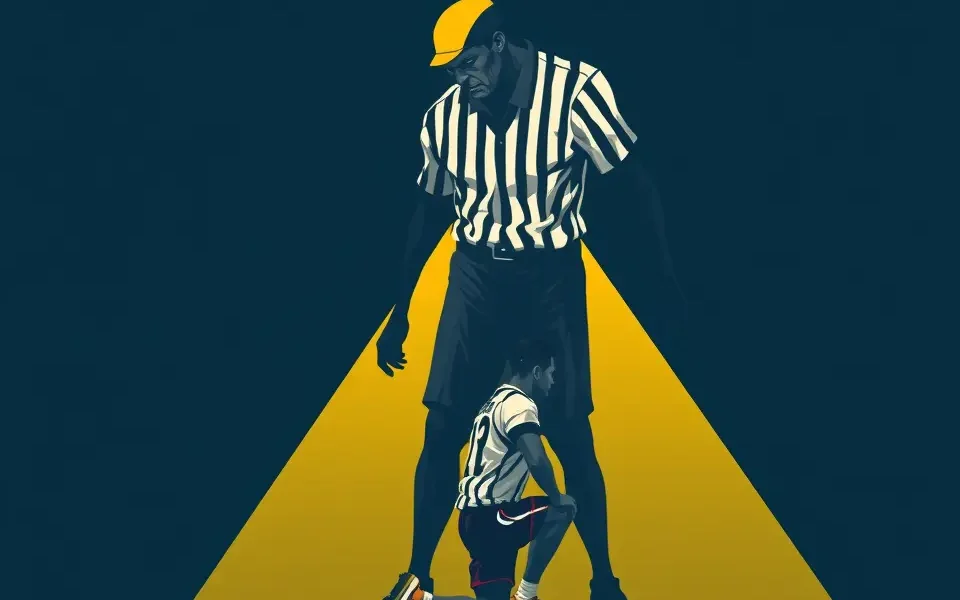The tennis world is still buzzing about Jannik Sinner’s recent three-month suspension for doping, and the controversy isn’t dying down anytime soon. Brad Gilbert, a well-known coach who has worked with tennis legends like Andre Agassi and Coco Gauff, has recently branded the suspension as a “joke”. His statement adds fuel to the already intense debate surrounding the fairness and handling of Sinner’s case.
The Sinner Suspension: A Quick Recap
Jannik Sinner, the current world No. 1, faced a three-month suspension after testing positive for clostebol twice in March 2024. Clostebol is an anabolic steroid that is prohibited by the World Anti-Doping Agency (WADA). The International Tennis Integrity Agency (ITIA) initially investigated the case and concluded that Sinner bore “no fault or negligence”. Sinner explained that the substance entered his system accidentally through a healing spray used by his physiotherapist to treat a wound.
Despite the ITIA’s findings, WADA appealed the ruling to the Court of Arbitration for Sport (CAS). However, WADA later withdrew its appeal and reached an agreement with Sinner for a three-month suspension. The suspension was set from February 9 to May 4, 2025, meaning Sinner would be eligible to play at the French Open, which begins on May 19.
Gilbert’s Outrage: “Completely Disheveled”
Brad Gilbert didn’t hold back his feelings about the situation. He expressed his frustration with WADA’s decision to appeal the ITIA’s initial ruling. Gilbert emphasized that the amount of clostebol found in Sinner’s system was minimal and unlikely to enhance performance.
Gilbert vented his thoughts on X, stating he was “completely disheveled by this Wada decision”. He questioned the fairness of the process and wondered where the players’ representation was in this case. Gilbert’s main point was that Sinner shouldn’t be sidelined, considering the circumstances.
Echoes of Toni Nadal
Gilbert isn’t alone in his skepticism. Rafael Nadal’s uncle and former coach, Toni Nadal, also defended Sinner, arguing that he shouldn’t have been banned. Toni Nadal expressed solidarity with Sinner, citing the World No. 1’s good character and suggesting he would never knowingly take banned substances. Gilbert agreed with Toni Nadal’s perspective, believing that WADA should have issued a warning instead of a ban.
The “Favoritism” Accusations
The Sinner case has sparked accusations of favoritism within the tennis world. Novak Djokovic alluded to this sentiment, stating that many players in the locker room felt the process wasn’t handled fairly. He suggested that top players with access to better lawyers might receive preferential treatment. Djokovic pointed to the seemingly lenient three-month suspension Sinner received compared to other cases.
However, it’s worth noting that WADA explicitly stated that Sinner had no intention to cheat and didn’t gain any competitive advantage from the situation. They accepted that the exposure to clostebol occurred without his knowledge due to the negligence of his team. Despite this, WADA maintained that athletes are responsible for their team’s negligence.
Sinner’s Perspective
Sinner himself has acknowledged his responsibility for his team’s actions. He stated that he understood WADA’s strict rules and accepted the three-month sanction to resolve the matter. Sinner also expressed disappointment and surprise at WADA’s decision to appeal the initial ruling.
The Consequences and the Comeback
Despite the suspension, Sinner retained his world No. 1 ranking. He used the time off to focus on physical training and spend time with friends and family. Sinner made his return to professional tennis at the Rome Masters in May 2025. He stated that he felt rested and calm, but also had low expectations for his comeback tournament. His main goal is to be in top form for the French Open.
A Systemic Problem?
Some argue that Sinner’s case highlights a deeper problem within the tennis world regarding doping regulations and their enforcement. They point to past instances where top players seemingly received more lenient treatment. Andre Agassi’s case from 1997 is often cited as an example. Agassi tested positive for methamphetamine but avoided a ban by claiming he unknowingly consumed the substance.
These situations raise questions about whether there are different rules for different players and whether the system is truly fair. Some argue that the “strict liability” principle, which holds athletes responsible for any prohibited substance found in their system, isn’t always applied consistently.
Looking Ahead
The controversy surrounding Jannik Sinner’s suspension is likely to continue for some time. The case has opened up a broader discussion about fairness, transparency, and consistency in anti-doping regulations within tennis. As Sinner returns to the court, all eyes will be on him to see if he can regain his form and put this saga behind him. However, the questions and debates surrounding his suspension will likely linger, reminding the tennis world of the complexities and challenges of maintaining a fair and equitable playing field.








No Comment! Be the first one.